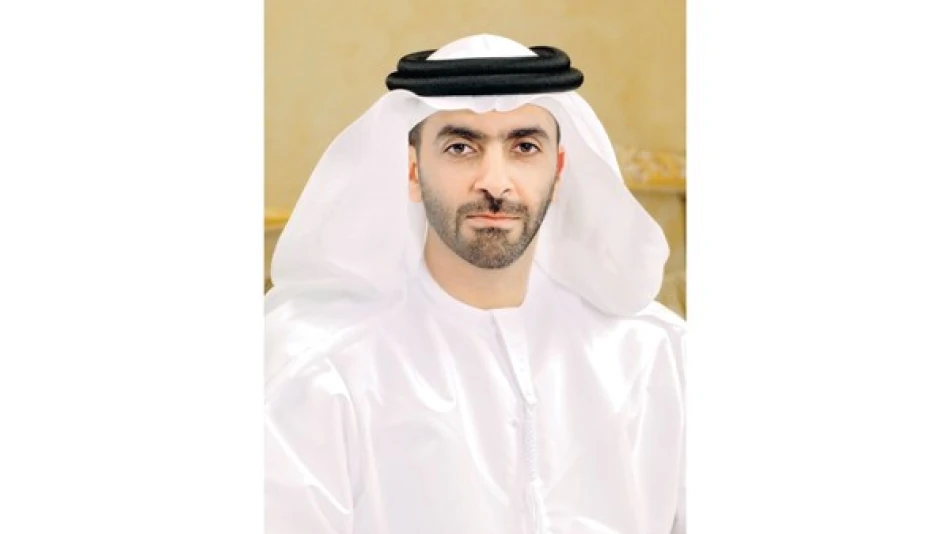
UAE Minister Celebrates Graduation of 'Readiness Pioneers' Class of 2025
UAE Graduates 233 Security Leaders as Regional Tensions Drive Defense Investment
The UAE has graduated 233 military and civilian professionals from Rabdan Academy's advanced leadership programs, marking another milestone in the nation's strategic push to build indigenous security capabilities. The "Readiness Pioneers" Class of 2025 completed seven specialized programs designed to prepare them for senior roles in defense, emergency management, and crisis response—a timely investment as Middle Eastern nations face evolving security challenges.
Strategic Timing Amid Regional Security Concerns
The graduation ceremony, celebrated by Sheikh Saif bin Zayed Al Nahyan, Deputy Prime Minister and Minister of Interior, comes as Gulf states increasingly prioritize homegrown security expertise. The UAE's focus on developing local talent reflects broader regional trends, with Saudi Arabia's Vision 2030 similarly emphasizing defense sector localization and Qatar expanding its security capabilities ahead of major international events.
This cohort represents more than routine military training—it signals the UAE's commitment to building resilient institutions capable of managing complex modern threats, from cyber warfare to climate-related emergencies.
Rabdan Academy's Growing Regional Influence
Beyond Borders: International Participation
Notably, the graduating class includes students from "friendly nations," positioning Rabdan Academy as a regional hub for security education. This approach mirrors successful models like Singapore's defence academies, which have become magnets for regional military cooperation and soft power projection.
The academy's seven advanced programs cover critical areas including crisis management, emergency response, and strategic leadership—skills increasingly valuable as governments worldwide grapple with hybrid threats and complex security environments.
Investment in Human Capital Strategy
Sheikh Saif's emphasis on "investing in people as the most precious wealth" aligns with the UAE's broader economic diversification strategy. By developing local expertise in security and defense, the country reduces dependence on foreign contractors while building exportable knowledge capabilities.
Implications for Regional Security Architecture
The graduation represents a tangible outcome of the UAE's long-term security strategy, which has evolved significantly since the Arab Spring highlighted the importance of institutional resilience. Unlike purely military academies, Rabdan's civilian-military integration reflects modern security challenges that blur traditional boundaries between defense, law enforcement, and emergency management.
For regional observers, this development suggests the UAE is positioning itself as a security knowledge hub, potentially offering training and expertise to partners across Africa and Asia. This soft power approach complements the country's growing defense industry and arms export ambitions.
The 233 graduates now join a growing cadre of UAE-trained security professionals who will shape the nation's response to future challenges, from natural disasters to geopolitical tensions. Their success will ultimately determine whether the UAE's substantial investment in human capital development translates into enhanced national resilience and regional influence.
Most Viewed News

 Layla Al Mansoori
Layla Al Mansoori






